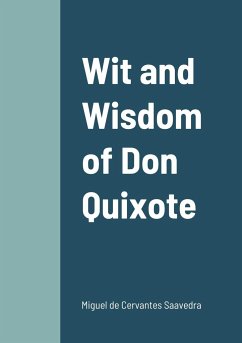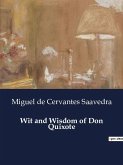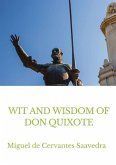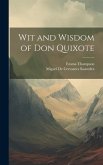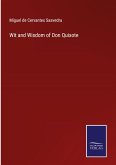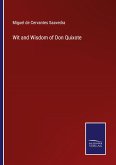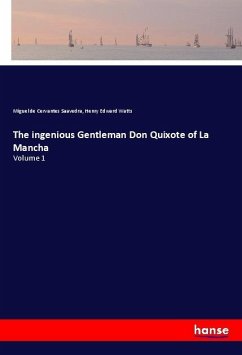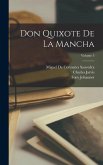Miguel de Cervantes Saavedra (1547-1616) was a Spanish novelist, poet, and playwright. His magnum opus, Don Quixote, is considered a founding classic of Western literature and regularly figures among the best novels ever written. He has been dubbed el Principe de los Ingenios - the Prince of Wits. In 1585, he published a pastoral novel, La Galatea. Because of financial problems, he worked as a purveyor for the Spanish Armada, and later as a tax collector. In 1605 he was in Valladolid, just when the immediate success of the first part of his Don Quixote, published in Madrid, signaled his return to the literary world. In 1607, he settled in Madrid, where he lived and worked until his death. During the last nine years of his life, he solidified his reputation as a writer he published the Exemplary Novels (Novelas Ejemplares) in 1613 and the Journey to Parnassus (Viaje del Parnaso) in 1614. In 1615, he wrote Eight Plays and Eight New Interludes (Ocho Comedias y Ocho Entremeses) and the second part of Don Quixote.From whole multi-paragraph excerpts to single lines, this wonderful little book dedicates itself, as the title declares, to presenting the "wit and wisdom" to be found in Miguel de Cervantes' masterpiece Don Quixote. As the preface states, the translator and compiler of the book (a woman named Emma Thompson, or at least so a handwritten note on the title-page to this copy proclaims) very much situates the work in the apparently very Spanish penchant for proverbs. about the storyMiguel de Cervantes Saavedra was a Spanish writer who is widely regarded as the greatest writer in the Spanish language and one of the world's pre-eminent novelists.Published in two parts, in 1605 and 1615, Don Quixote is the most influential work of literature from the Spanish Golden Age and the entire Spanish literary canon. A founding work of Western literature, it is often labeled "the first modern novel" and is sometimes considered the best literary work ever written.The plot revolves around the adventures of a noble (hidalgo) from La Mancha named Alonso Quixano, who reads so many chivalric romances that he loses his mind and decides to become a knight-errant (caballero andante) to revive chivalry and serve his nation, under the name Don Quixote de la Mancha. He recruits a simple farmer, Sancho Panza, as his squire, who often employs a unique, earthy wit in dealing with Don Quixote's rhetorical monologues on knighthood, already considered old-fashioned at the time.
Hinweis: Dieser Artikel kann nur an eine deutsche Lieferadresse ausgeliefert werden.
Hinweis: Dieser Artikel kann nur an eine deutsche Lieferadresse ausgeliefert werden.

